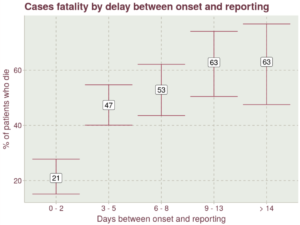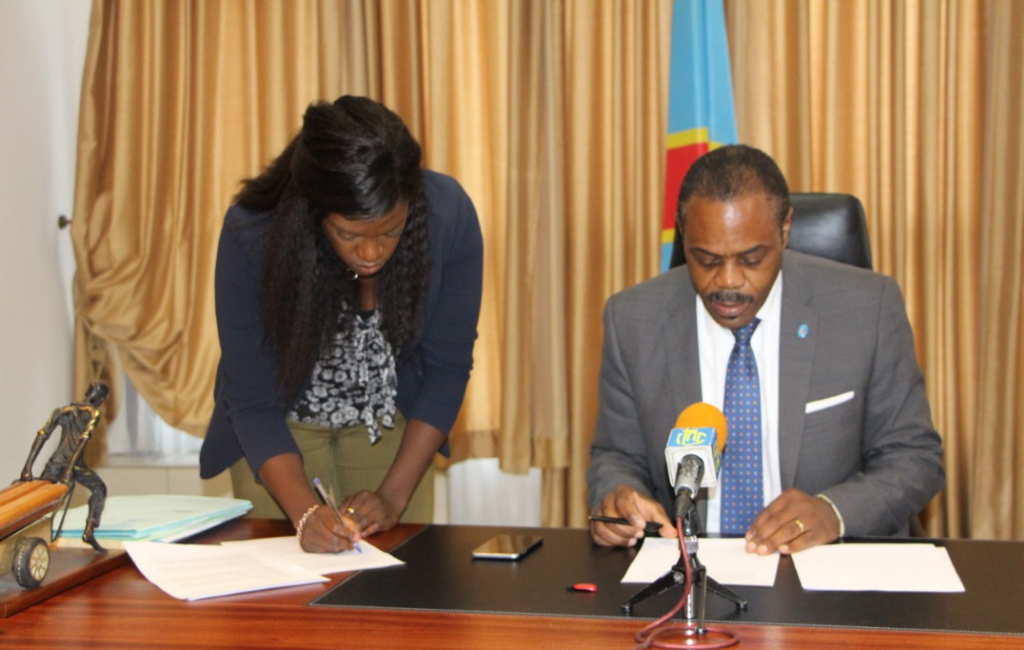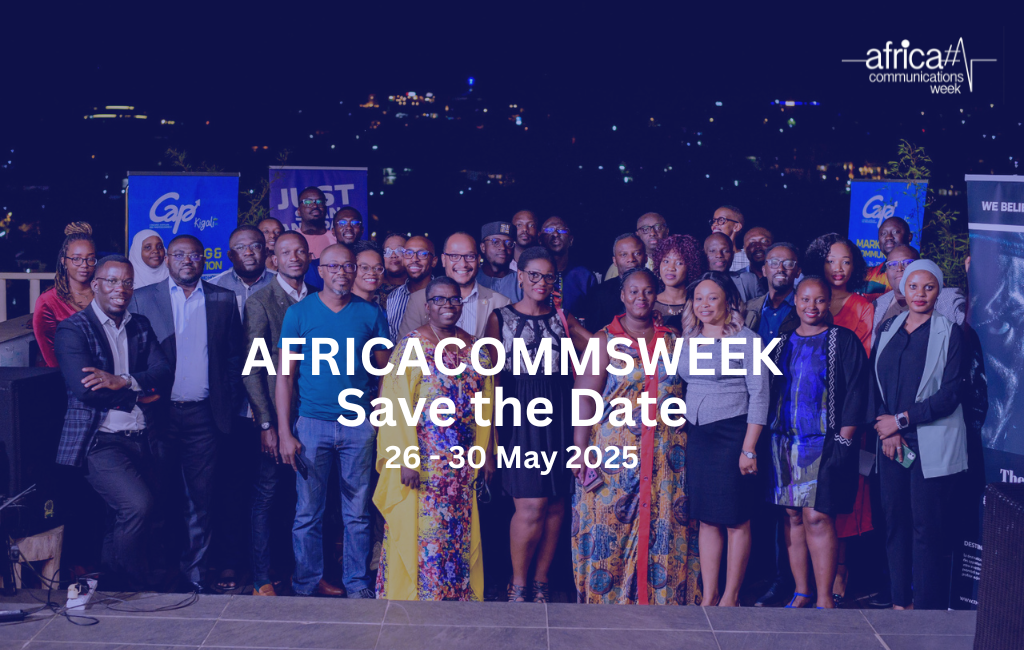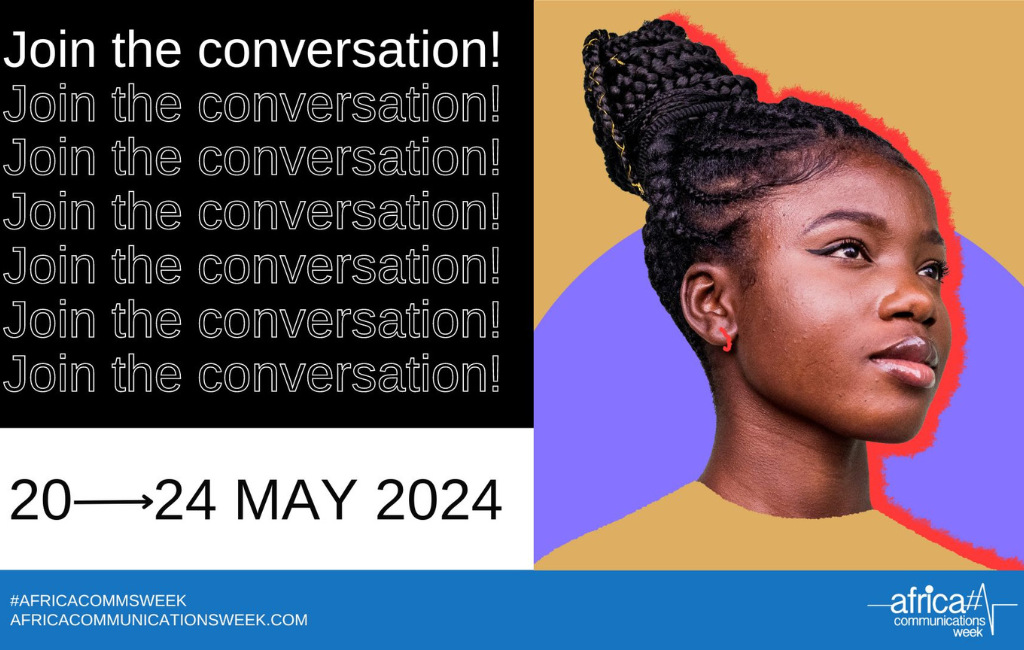ACW blog series on “Communicating in times of crisis”
Africa Communications Week was created to critically assess the role of communication in Africa’s development. What we already know is that communications can save lives but it can also help countries mitigate the negative impact a crisis can have on its economy. This is especially so when your country is facing an outbreak of one of world’s deadliest diseases in a conflict zone.
In this blog series, Jessica Ilunga, the Director of Communication of the Ministry of Health in the Democratic Republic of Congo, shares her experience managing the country’s communication during the most challenging Ebola outbreak of the country’s history. This experience taught her many important lessons about the role of communication at different levels of decision-making and response activities.
Part I – Communication at the government level: Building credibility and preventing international panic
When a country is hit by a major crisis, whether it is a public health, a humanitarian or a financial crisis, communication is an essential tool for governments to mitigate the negative effects of that crisis on the country’s overall economic well-being.
If there is one crisis that can quickly negatively impact your trade flows it is Ebola. Add on top of that fighting an Ebola outbreak in a conflict zone at the border with two other countries and you have all the ingredients to cause an international panic.
The biggest challenge with Ebola is not always the actual outbreak but the fear around the spread of the virus, nationally, regionally and internationally. This fear could lead foreign countries and companies to take decisions that could have dramatic consequences on the country’s economy: closing borders, quarantines of Congolese travelers, blocked containers at international ports, canceled flights, reduction of tourism, and the list goes on.
Everybody remembers the dramatic impact the West Africa Ebola outbreak of 2014-2016 had on the economy of the three affected countries (Guinea, Liberia and Sierra Leone). The World Bank estimates that the subsequent panic and marginalization cost these countries $2.8 billion[1]. But the reputational and economic impact went way beyond the three affected nations. The tourism industry of countries like Tanzania and South Africa, located thousands of kilometers away from the outbreak, were also economically hit by that crisis.
Learning from this experience, the Minister of Health himself placed strategic communication at the heart of the Ebola response strategy.
Being entrusted with this daunting task, my two main objectives were:
- For the Ministry of Health to become a trusted and credible source of information on the outbreak
- To show the work of Congolese health agents and bring their voice to the international stage
This was all the more important as DRC was going through an intense political crisis due to delayed presidential elections. In such context, the level of international trust in the DRC government was close to zero. Now, I still get thrilled when I see international media or research institutions using our daily Ebola updates as source of information or when our field agents get to share their experience with the world.
Here are some of the lessons I learned from my own experience managing the Ministry of Health communication during such trying times. I hope African government communication teams will find these advices useful when facing any type of crisis at home.
Lessons
- Be open about what you know and what you don’t know
Crises tend to be unpredictable. There will be a lot of uncertainties and unknowns. Having an open and transparent communication from the beginning will help you manage the unexpected blows you might get along the way without losing your credibility.
- Keep it simple
Public health is a technical field with a specific lexicon. I noticed that scientific experts tend to live in their own bubble and are not always used to make their work and research accessible for the general public. When I started working on daily Ebola updates, most senior level experts at the Ministry of Health found that I was to nosy and was asking too many questions. Yet explaining in simple terms what these experts are doing is important to help the general public and affected communities better understand and accept their interventions
- Bring the story out of data
Data are the pillars of relevant and efficient public policies. For communication professionals, data are a powerful ally because they always tell a story. Our role is to unfold the story behind these data or use data to counter a misleading narrative.
Look at this graph for instance.

What it tells us is basically that the fatality rate of patients at the Ebola Treatment Center (ETC) is higher for people who arrive at a later stage of the disease. The fatality rate at the ETC for patients who are hospitalized between 0 and 2 days after the beginning of the symptoms is 21 % (i.e 79% survival rate). This is a powerful message for populations at risk to know that the sooner they get treated, the higher their chances of survival are.
- Be innovative
As the Ministry of Health website was not operational I had to find alternative ways to share information about the outbreak with the world in a timely manner. For international audiences, I mainly used an email distribution platform with social media (Facebook and Twitter). For national journalists, the most convenient platform was WhatsApp. So, I created a WhatsApp group for journalists where they receive the daily update every evening. Journalists also used WhatsApp groups also to directly interact with the Ministry communication team and ask questions that could benefit other journalists.
- Invest in training
When your country is struck by a major crisis, you can expect to receive a lot of requests from media around the world. The first thing you should do is selecting the official spokespersons for the crisis. Interestingly, the majority of media requests we receive are from English-speaking international media. Two challenges I faced with spokespersons at the Ministry of Health were the lack of media training and their low level of proficiency in English. African governments should invest in media training for senior government officials to help them feel more comfortable when interacting with journalists. And governments in Francophone Africa should also invest in English courses for their spokespersons, and all senior officials in general. In DRC, we did miss on great interview opportunities due to this language barrier.
[1] https://www.cdc.gov/vhf/ebola/history/2014-2016-outbreak/cost-of-ebola.html






0 Comments